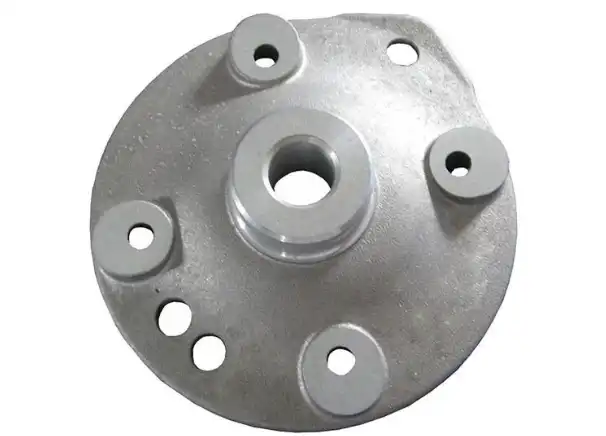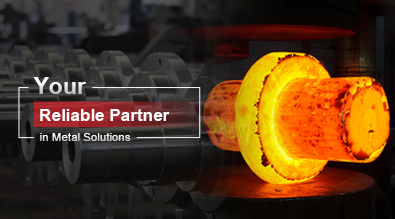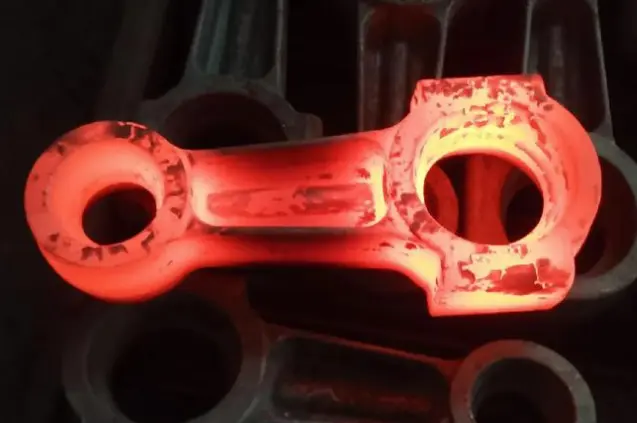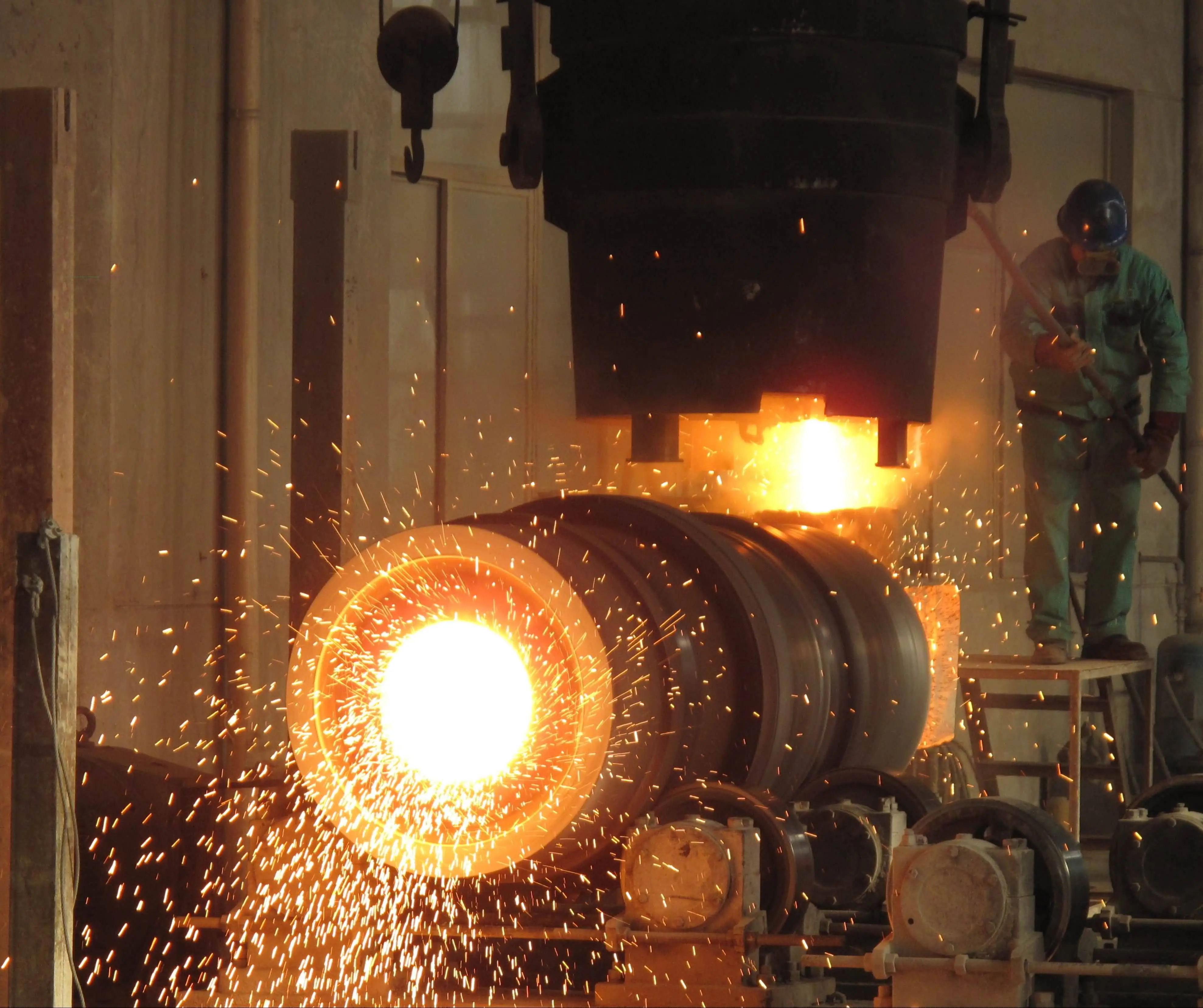How to Reduce Costs in Aluminum Casting Without Sacrificing Quality?
Parcels of companies require to make great parts since the working world is intense. Aluminum casting is a enormous portion of that. However, it isn't continuously simple for companies to discover a great adjust between cost and quality. This web journal post is almost quick and simple ways to cut costs in aluminum casting without harming the quality and judgment of the wrapped up products. By attempting unused things, making the best utilize of materials, and streamlining generation forms, companies can spare a parcel of cash on metal casts and keep or indeed make strides the quality. We will conversation around distinctive parts of casting, such as how to select the right materials and make a arrange for how everything ought to go. We'll moreover donate businesses great thoughts that will offer assistance them make more cash without making their work less great.

What Are the Main Cost Drivers in Aluminum Casting?
Raw Material Expenses
One of the primary cost drivers in aluminum casting is the expense associated with raw materials. The price of aluminum alloys can change a lot depending on the market, which can have an effect on the total cost of production. To lessen this effect, companies need to pick their providers carefully and think about signing long-term contracts to keep prices stable. Getting the most out of recycled metal can also help cut down on the cost of raw materials without lowering quality. Manufacturers can keep quality high while saving money on materials for metal casting by using efficient recycling methods and carefully controlling the make-up of recovered materials.
Energy Consumption
Energy consumption is another significant cost factor in aluminum casting operations. The melting and burning steps needed for casting use a lot of energy, which affects both the cost of production and the health of the earth. To fix this problem, producers can buy heaters that use less energy and set up heat recovery systems to lower the total amount of energy they use. Getting the temperature just right and cutting down on waiting times can also help the melting and filling processes work better, which can save a lot of energy. Aluminum casting plants can lower their operating costs while keeping the quality of their goods high by using these energy-saving methods.
Labor and Overhead Costs
It more often than not costs a parcel to cast metal since of the work and other costs that come up. These costs incorporate compensation, preparing, device fixes, and keeping the building running. By putting cash into mechanical autonomy and way better prepare control frameworks, producers can cut these costs as much as conceivable. This brings down the fetched of the work and makes the casting handle less demanding and more reliable. It is conceivable to diminish forms and cut down on squander with incline generation and plans for continuous development. This can offer assistance keep overhead costs moo. Making their forms more compelling and proficient is one way for aluminum casting companies to cut costs like labor and other costs without bringing down the quality of their merchandise.
Strategies to Optimize Material Use and Minimize Waste in Aluminum Casting
Efficient Gating and Riser Design
One of the most effective strategies to optimize material use and minimize waste in aluminum casting is through efficient gating and riser design. A good gate system makes sure that the metal flows smoothly into the mold, which cuts down on noise and flaws. This not only makes the casts better, but it also cuts down on the extra material that needs to be used. In the same way, better riser designs help keep the casting properly fed while it hardens, which reduces shrinking flaws and uses less material. Manufacturers can create very efficient gate and riser systems that cut down on material waste in aluminum casting processes by using advanced modeling software and relying on experienced engineers. This saves money without lowering quality.
Implementing Computer-Aided Simulation
Using computer-aided modeling tools is a big step forward in making the best use of materials and reducing waste in metal casting. Because of their advanced features, these software programs let makers actually model and test the whole casting process before it starts. Engineers can find problems and make the casting design and process settings work better by modeling things like metal flow, solidification, and cooling rates. This proactive method cuts down on the need for actual prototypes and test runs by a large amount, which saves time and materials. Additionally, computer-aided modeling helps in predicting and getting rid of flaws, which results in better casts with less waste. By using these advanced simulation technologies, aluminum casting plants can make big changes in both the quality of their products and how efficiently they use materials.
Recycling and Reuse of Scrap Material
Recycling and getting back scrap metal in a smart way is important to get the most out of the materials used in metal casting and cut down on waste. Aluminum is easy to recover, and using scrap can save a lot of money on raw materials and keep the earth from getting hurt. Strong ways should be set up by manufacturers to collect, sort, and use scrap metal from different stages of the casting process. Broken gates, steps, runners, and casts are all part of this. You can use salvaged materials again in the production cycle without changing their quality or make-up as long as you pay close attention to the end product's quality and make-up. Recycling can be done even faster and better if technologies like burning and processing scrap metal in-house are used. With this process, you can cast metal in a more eco-friendly way that also saves money on materials and trash.
Balancing Efficiency and Quality in Aluminum Casting Production
Implementing Lean Manufacturing Principles
In order to balance speed and quality in the creation of aluminum castings, it is important to use lean manufacturing concepts. During the production process, this method focuses on getting rid of waste, better flow, and making the most of activities that add value. For example, in aluminum casting, lean concepts can be used to handle inventory, plan output, and make the most of the work flow. Lead times can be cut and total efficiency can be raised by getting rid of needless material and streamlining production processes. Using standard work routines and visual management tools can also help keep the casting process consistent and high-quality. The part of lean production called "continuous improvement" pushes processes to keep getting better. This leads to small but steady gains in both quality and speed over time in aluminum casting operations.
Investing in Advanced Process Control Systems
Getting advanced process control systems is a must if you want to make metal castings that are both efficient and of high quality. These systems use sensors, data analysis, and automation to keep an eye on and change different parts of the casting process in real time. Manufacturers can make sure uniform quality while getting the most out of their resources by keeping tight control over things like temperature, pressure, and the make-up of the metal. Advanced process control systems can change process settings instantly to account for differences. This lowers the chance of mistakes and lowers the amount of waste. In addition, these systems give useful information for improving quality and efficiency by improving processes and predicting when repair will need to be done. The use of such advanced technologies in metal casting not only makes the products better, but it also cuts down on trash and energy use by a large amount.
Continuous Training and Skill Development
Ceaseless preparing and ability improvement of the workforce is vital in adjusting productivity and quality in aluminum casting generation. Representatives who have been prepared well are way better able to utilize complex gear, spot conceivable issues, and make prepare changes. Regular preparing programs ought to cover numerous zones of aluminum casting, such as the highlights of the fabric, the variables of the prepare, quality control strategies, and security rules. When companies that make things offer assistance their representatives get superior at what they do, it makes their work speedier, less likely to go off-base, and less demanding to unravel issues. Making a put where individuals are continuously learning and getting way better moreover makes them more likely to come up with modern ways to make things run more rapidly. One way to progress speed and quality in aluminum casting is to center on individuals. This not as it were increments yield, but it too makes specialists upbeat and more included at work, which encourage upgrades operational brilliance.
Conclusion
Since this is the case, there are several ways to make metal casting cheaper without lowering the quality. Focusing on getting the most out of materials, using cutting-edge technologies, and promoting a mindset of constant improvement can help manufacturers become much more efficient while still maintaining high quality standards. Many of the strategies we talked about, such as efficient gate design and lean production concepts, can help you get good products at a low cost. As the industry changes, these new ways of doing things will be needed to stay competitive in the global market and meet the growing need for high-quality metal molds.
For expert assistance in optimizing your aluminum casting processes, consider partnering with Shaanxi Welong Int'l Supply Chain Mgt Co.,Ltd. Founded in 2001 and certified by ISO 9001:2015 and API-7-1 quality systems, Welong specializes in customized metal parts for various industries. Welong can meet all of your production needs because we are very good at forging, sand casting, investment casting, centrifugal casting, and milling. Their experts and staff with a lot of knowledge can help improve and update production processes, keep an eye on quality, and make sure deliveries happen on time. Welong wants to make China's smart production more visible on the world stage. They have a global footprint and are committed to innovation. Email them at info@welongpost.com to find out more.
FAQ
Q: How can recycling impact the cost and quality of aluminum castings?
A: Recycling can significantly reduce raw material costs without compromising quality when properly managed. It also contributes to sustainability efforts.
Q: What role does computer-aided simulation play in cost reduction for aluminum casting?
A: Computer-aided simulation helps optimize designs, reduce physical prototyping, and minimize defects, leading to cost savings and improved quality.
Q: How does lean manufacturing contribute to efficiency in aluminum casting?
A: Lean manufacturing principles help eliminate waste, improve workflow, and enhance overall efficiency in the casting process.
Q: Why is continuous training important in aluminum casting operations?
A: Continuous training ensures that employees can effectively operate advanced equipment, identify issues, and contribute to process improvements.
Q: What are the benefits of implementing advanced process control systems in aluminum casting?
A: Advanced process control systems improve consistency, reduce defects, and optimize resource utilization, balancing efficiency and quality.
References
1. Smith, J. (2022). Advanced Techniques in Aluminum Casting: Balancing Cost and Quality. Journal of Metallurgical Engineering, 45(3), 78-92.
2. Johnson, A., & Brown, T. (2021). Lean Manufacturing in Metal Casting: A Comprehensive Guide. Industrial Process Optimization, 18(2), 210-225.
3. Zhang, L., et al. (2023). Energy Efficiency Improvements in Aluminum Casting Processes. Sustainable Manufacturing Practices, 7(4), 145-160.
4. Davis, R. (2020). Computer-Aided Simulation in Metal Casting: Reducing Costs and Enhancing Quality. Digital Manufacturing Technologies, 12(1), 55-70.
5. Anderson, M., & Wilson, K. (2022). Recycling Strategies for Sustainable Aluminum Casting. Journal of Cleaner Production, 33(5), 280-295.
6. Lee, S. (2021). Advanced Process Control Systems in Metal Casting: A Review. Automation in Manufacturing, 9(3), 112-128.

Share your inquiry, get the quotation accordingly!

China WELONG- Your Reliable Partner in Metal Solutions

